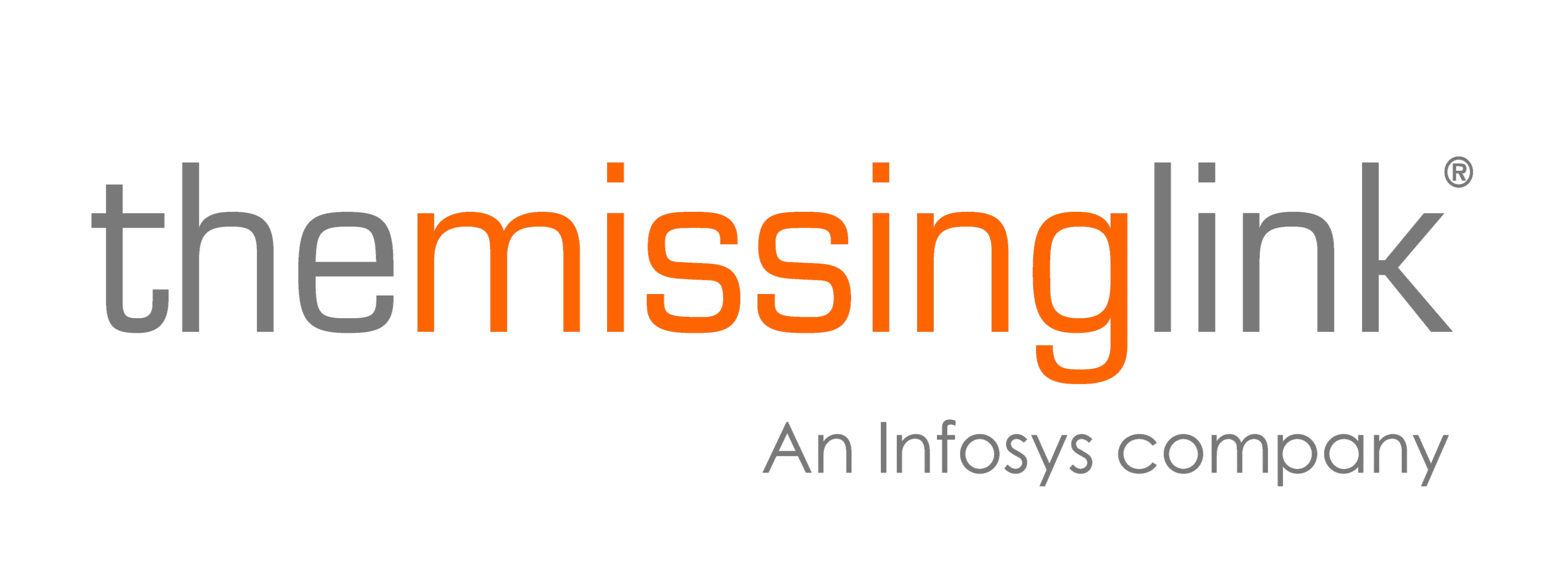The businesses that are thriving today are those that easily adapt to ever-changing technologies and new ways of operating. As technology continues to evolve, the businesses that embrace the modern workplace will maintain their competitive edge over those that hold fast to the past, and keep their employees engaged.
What is a Modern Workplace?
The workplace has traditionally been a rigid and even insular space in many ways. But those were the days before cloud technologies and unprecedented mobility gave managers the tools to turn their workplaces into more flexible, fluid and collaborative environments that can respect employees’ work-life balance while increasing productivity.
These environments, or ‘modern workplaces’, can fuel business transformation. Today’s businesses are constantly contending with new challenges, from cybersecurity threats to globally distributed teams. With a modern workplace established to manage all aspects of your business, you can transform the way you collaborate and communicate, while meeting these challenges head on.
In this post, we’ll look at several ways a modern workplace fuels business transformation.
Empower Your Employees
Empowered employees are happier and more engaged in their work. Modern workplaces empower employees by offering increased workplace flexibility, and allowing them to adhere to their individual preferences and working styles. The tools that facilitate this include:
By offering employees a host of tools through the modern workplace, you invite them to take more ownership in their work and become more invested in the overall success of your organisation. Each professional in your company can be more productive given the right tools and the freedom to use them creatively.
Take Advantage of a Flexible Workforce
The standard full-time, 9-to-5 workforce that was so common in the past is diversifying. In fact, an Intuit study predicts that freelancers will make up 40 percent of the workforce by 2020.
Several factors have given rise to this flexible workforce. Cloud technologies alone are making it easier for freelancers and employers to find each other, communicate and exchange funds and services. Many workers are enjoying the flexibility gained from freelancing, allowing them to pursue multiple options at the same time. These tools are also empowering current employees to work the hours that better suit their lifestyles; improving morale, productivity and retention.
Employers also benefit from a flexible workforce. You can hire specialists for projects, scale your staff to your current needs and take advantage of a vast talent pool.
Lift Employee Morale
The modern workplace can even empower employees at the level of individual performance. Dynamic technologies have replaced annual performance reviews with more open communication tools that lift employee morale and help businesses to reach their goals. A Deloitte study found that employees perform better when they’re evaluated more frequently than the traditional one time per year.
A modern workplace can integrate real-time feedback into its day-to-day communications, offering quick course corrections and the opportunity to compliment employees on successes as they occur. Employees are less likely to feel blindsided by a poor negative review if they have been receiving feedback on a regular basis.
Reduce Operating Costs
This flexible workforce made up of freelancing and remote employees can reduce operating costs in several ways, including:
- Typically lower salary expenses like insurance, superannuation and bonuses
- Reduced overheads, including desk space, IT and electricity
- Lower training and onboarding costs
- Less travel expenses to and from meetings
Reducing these simple operating costs can provide enough cash flow to invest in growth initiatives like marketing, product development, IT infrastructure and improved systems and processes.
Security Challenges Posed by the Modern Workplace
However, the flexibility of the modern workplace brings with it several challenges. Security must remain a top priority for businesses of all sizes, especially given the astronomical costs and legal ramifications associated with a breach. In fact, the IBM-sponsored Cost of a Data Breach 2017 Study found that on average, cyber security lapses cost Australian businesses $2.64 million.
As the modern workplace continues to diversify, the need for robust security controls increases. At an SMB scale, these controls may include:
- Firewalls
- Antivirus
- Web and email security
- Multi-factor authentication
- Security assessments
And at an enterprise scale, critical security controls can include resiliency solutions like Disaster Recovery as a Service (DRaaS), as well as sophisticated cyber security solutions such as Event Management and Data Protection.
It’s clear that a modern workplace can fuel transformation in your business in several ways, yet requires a carefully designed system of secure technologies. For more information on how The Missing Link can empower your business with top-shelf IT solutions, reach out to us today.
